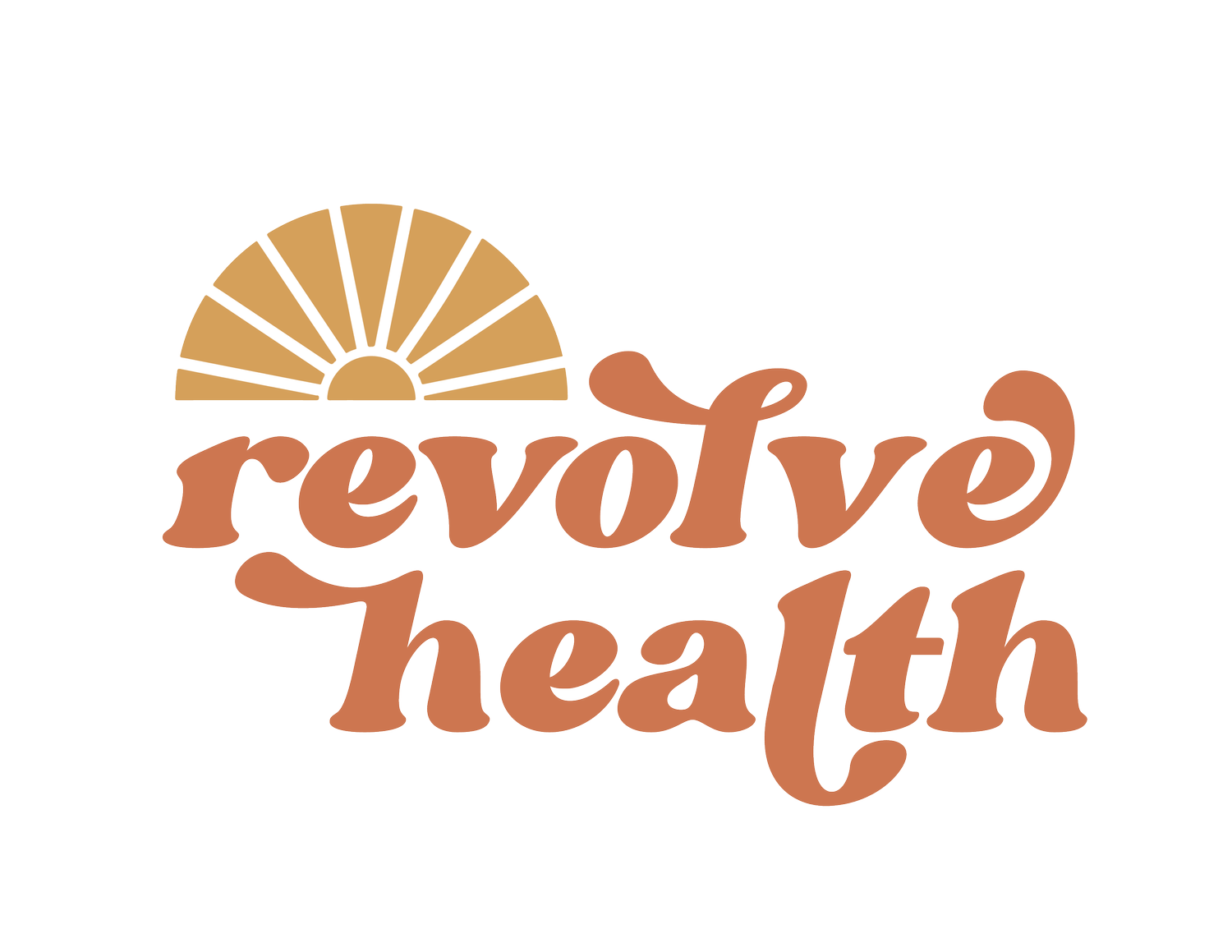PCOS Diagnosis: Recognizing the Signs and Taking Action
Are you experiencing irregular periods, acne, and weight gain? You're not alone. Polycystic Ovary Syndrome (PCOS) is a common hormonal condition that can throw a wrench into your daily life or journey to conception. We believe knowledge is power, and that understanding the signs of PCOS is the first step toward taking control of your health. In this article, we're diving deep into the world of PCOS – its signs, symptoms, and what you can do about it. Whether you're already suspecting PCOS or just want to be informed, we've got you covered. Let's uncover the mystery of PCOS and empower you to take action for a healthier, happier you.
Step 1: Recognizing Potential Symptoms
First things first, let's get familiar with some common signs of PCOS. You might experience:
Irregular or missed periods.
Trouble with ovulation, which can make getting pregnant a bit tricky.
Unwanted hair growth on your face or body, or even hair loss on your head.
Acne and extra oily skin.
Weight fluctuations or difficulties shedding weight.
Skin darkening, especially around your neck or in skin folds.
Pelvic pain or maybe even a history of ovarian cysts.
It can be helpful to keep a symptom journal. Jot down when these things happen, how long they last, and if you notice any patterns. Keeping track can be helpful when you visit your doctor.
Step 2: Finding the Right Healthcare Provider
What if you suspect PCOS might be at play? The next move is to set up an appointment with the right healthcare provider. Now, PCOS isn't just about reproduction – it can affect many aspects of your health. Unfortunately, PCOS is a condition that’s not always well-known and understood by all providers, so you may need to advocate for the right testing and diagnosis. Treating PCOS from a holistic health perspective will improve fertility, lower long-term risks, and treat the root cause of hormone dysfunction.
Step 3: Comprehensive Testing
Getting a PCOS diagnosis usually involves some testing. Your healthcare provider should check your hormone levels, like estrogen, progesterone, testosterone, DHEA-S, LH, FSH, and AMH. These tests help identify hormone patterns commonly seen in PCOS. But wait, there's more! Since PCOS often affects other body systems, we also recommend being checked for insulin levels, blood sugar, cholesterol, thyroid hormones, and more. This comprehensive approach helps your provider get a clearer picture of what's going on.
Step 4: Imaging (Pelvic Ultrasound)
While it's not always necessary, your doctor might recommend a pelvic ultrasound to check for ovarian cysts. Now, here's the thing – you don't need cysts to have PCOS, but they can be a piece of the puzzle. If they do find cysts, they'll factor that into your treatment plan.
Step 5: Crafting a Treatment Plan
Once you have a PCOS diagnosis, it's time to focus on what comes next. Naturopathic medicine offers many alternatives to hormonal contraception (birth control pills) or Spironolactone, which are often the go-to conventional treatments. Naturopathic practitioners help guide you with lifestyle changes, nutrition, and exercise, along with supplements and herbal support that can help keep your body balanced and PCOS symptoms at bay.
So what’s the goal with treatment? To get your periods back on track and balance those hormones to keep you symptom-free. Keep in mind, though, that natural treatments take at least a few months to show significant positive changes. It's all about long-term, sustainable health.
Don't Lose Hope!
Getting a PCOS diagnosis is a big step in taking control of your symptoms. If we understand what’s going on, we are better equipped to embrace the right treatments.
Remember, PCOS can look different for everyone, so your treatment plan should be customized to fit your unique needs. If you're thinking about going the holistic route and want to learn more from one of our doctors, you can schedule a free alignment call to see if we’re the right fit for your PCOS journey. Your path to better health starts with understanding and taking proactive steps to manage PCOS.
Meet Your Doctor
Hi, I’m Dr. Caitlin Fanning, ND (Naturopathic Doctor),
I help women who are struggling with hormone imbalances, fatigue, and infertility optimize their hormones and get their life back so they can feel like their best self.
If you're ready to take charge of your health and make real, lasting changes to your energy, your hormones, or your overall well-being, I would love to talk more!

